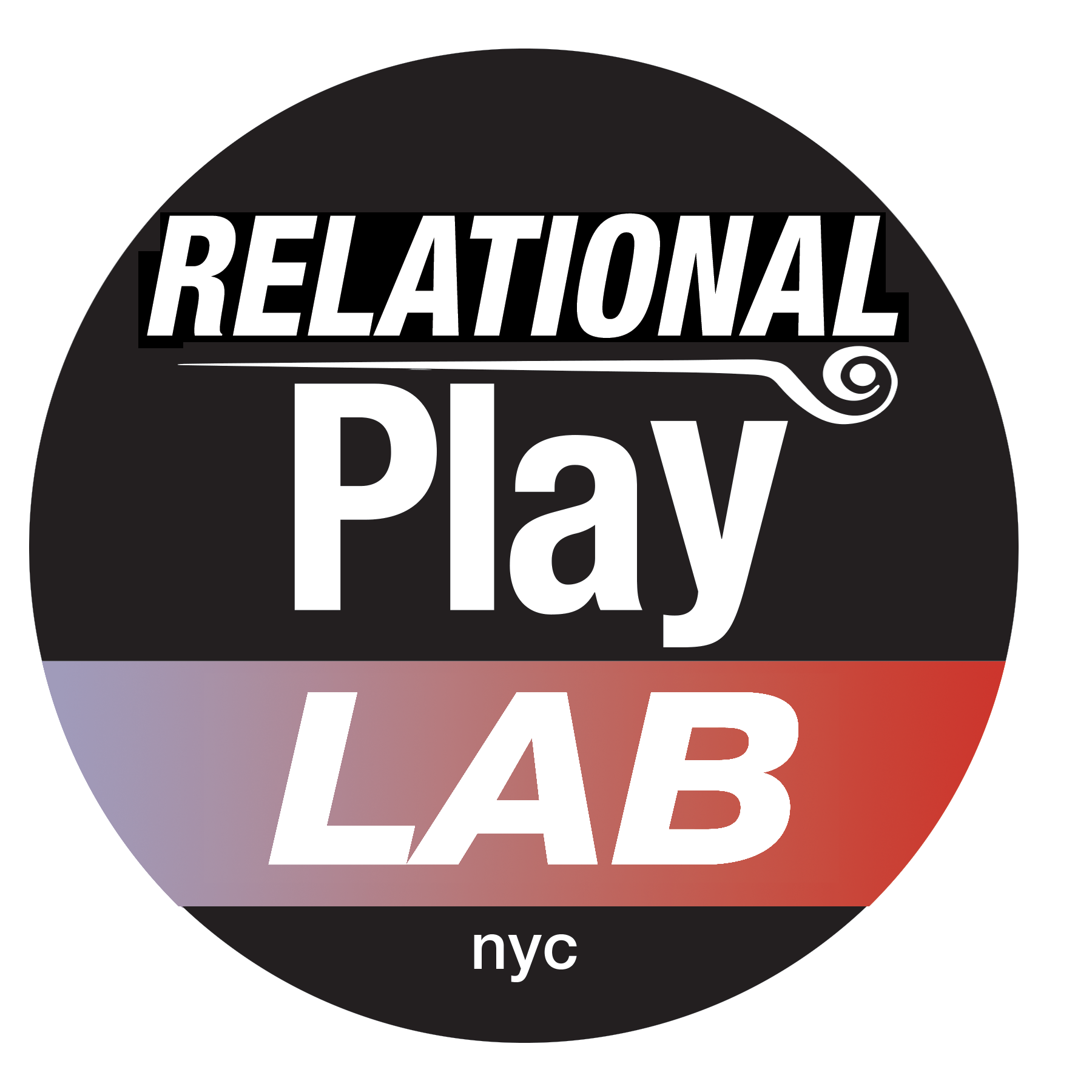Published at Salihabava.com on July 20, 2011
******************
Today I retweeted Steve Denning‘s article The single best idea for reforming K-12 that appeared in Forbes with the line that “Becoming lifelong learners is play.” What do I mean?
It depends on how you understand play. I believe play to mean growth, flexibility and living creatively.
Denning is the proponent of “Radical Management.” To reform K-12 education, he makes an excellent case of how one needs to shift from traditional ways of management thinking, which he calls the “factory model of management” to “change in our goals.”
The goal needs to shift from one of making a system that teaches children a curriculum more efficiently to one of making the system more effective by inspiring lifelong learning in students, so that they are able to have full and productive lives in a rapidly shifting economy.
The shift in focus to a system that makes students lifelong learners and producers of their culture is a shift towards a culture of play. How is it play?
Play is:
- Growth: Students who learn to develop passion and be in touch with their learning that applies to life (not just curriculum driven) are likely to be reflective people. Such people can learn the ideas of interdependence by reflecting on their own life and the learning. They are more likely to be directive as they can identify their passion (which is kept alive or get in touch with it) and pursue it. Our passion is laced with our values. Our passion breathes in the relational spaces we occupy. These relational spaces help us grow our passion as we learn the skills and strategies to perform. How often have we felt that when we are involved with our passion it makes the thing we do more fun?
- Flexibility: In a rapidly shifting economy, the landscape is unknown and thriving depends on adaptation and creating. Not on fast pace but knowing how to pace. The ability to dance with the unknown and create with it, is the art of flexibility. Flexibility lies in not only moving horizontally but also laterally to be successful in an era where life and living today is the convergence of technology, economy, culture and the political. Educationally, it is not about being a generalist or only a specialist but being able to think across borders and flex our creative capacities to thrive. I teach my students to play with ideas. To approach ideas as communities of practice that can be flexed depending on the context. To be flexible, one needs to be a reflective practitioner who is sensitive to context, voice/authority, expectations, process and outcome. And to learn about all of these one needs to take risk, which is inherently what play is and does. In play we seek to learn and grow one’s flexibility.
- Living creatively: Living is an improvised activity. In relationships we creatively craft meaningfulness, purpose, success and happiness (or the lack of these). A mindfulness about the activity of living reflects how we dance with uncertainty and the daily dance of actively creating. Even when we are not present to the act of creating our relational moves, we are doing it. Living creatively is way of being and a mindset that liberates one to approach one’s life as actors in a relational dance. Teaching students the notion of being active creators rather than consumers of the knowledge culture produces agentic life long learners. For instance, I start my courses, by telling my students that “You are all A students, now lets talk about how you are going to maintain your A.” A simple state like that makes them producers of their learning rather than seeking to “consume” what I will “impart” as learning. For the last 15 years of my teaching I have not had a dead discussion. My students are alive and active in sharing their varied view points. More than safety and trust, learning as a creative improvised activity (form of play) is centered in my teaching and learning practices.
Play takes many forms in my teaching and learning practice. It is a mindset and a way of being. It is one of the highest values and a way of organizing. It is learning to be and become. It is fun and risk-taking. It is learning and producing. Play is the path and product of lifelong learning.
******************
Image Source: http://www.scotland.gov.uk/Resource/Img/95294/0023442.gif


